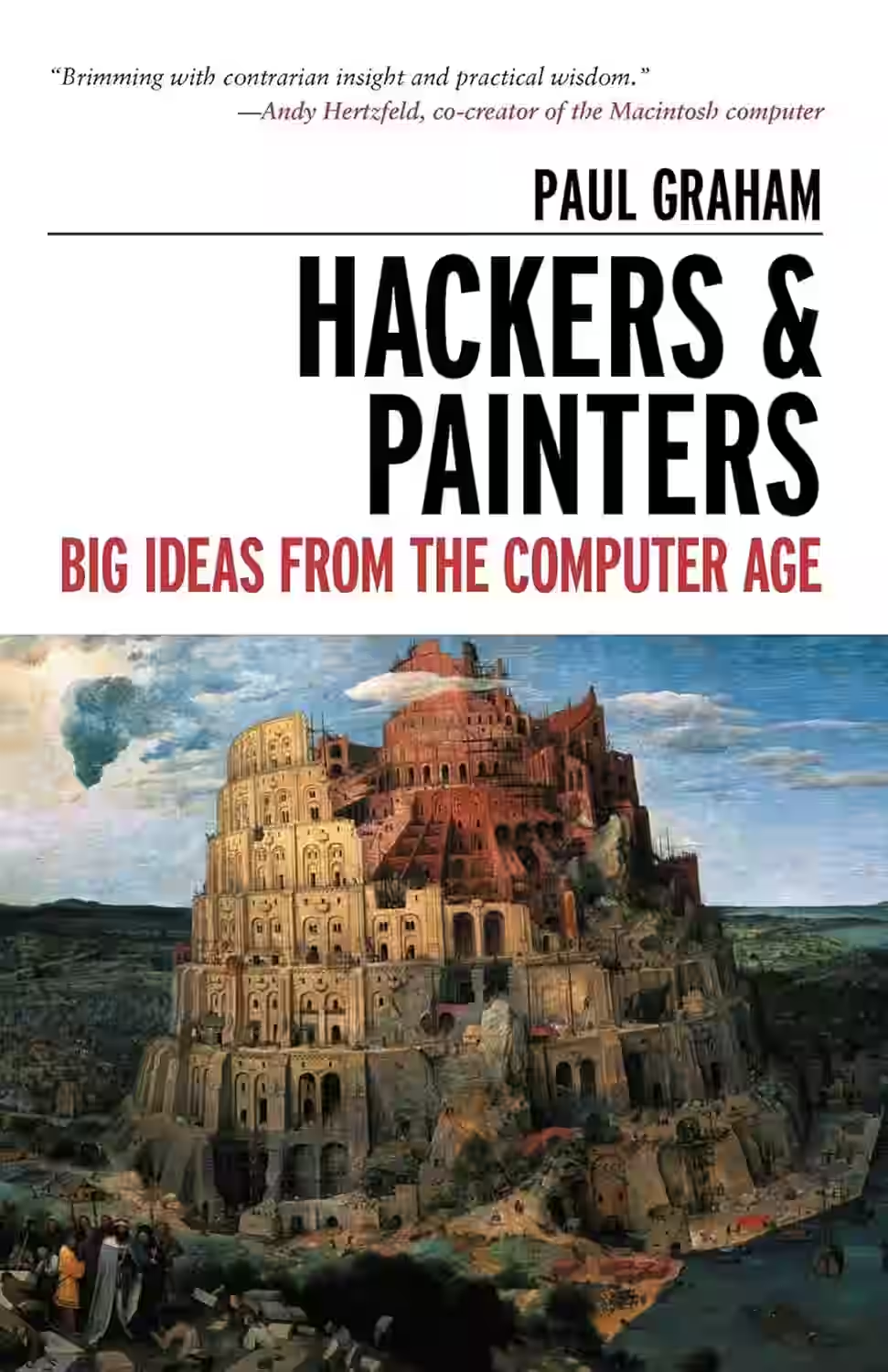
In 'Hackers & Painters: Big Ideas from the Computer Age' by Paul Graham, the author delves into the intriguing world of computer programming, exploring the connections between coding and artistry. Graham discusses the hacker mindset, entrepreneurship, and the impact of technology on society. Through engaging essays, he challenges conventional thinking and offers unique insights into the tech industry. Graham's writing is accessible and thought-provoking, making complex topics understandable to a wide audience. This book is a must-read for anyone interested in the intersection of technology, creativity, and innovation.
About Paul Graham
Paul Graham, born in 1964, is an influential essayist, programmer, and investor. He is best known for his thought-provoking essays on technology, startups, and the intersection of art and science. Graham co-founded Viaweb, which was later acquired by Yahoo, and Y Combinator, a renowned startup accelerator that has fostered numerous successful companies. His writing is characterized by its clarity, insightful perspectives, and practical advice, garnering a wide readership and shaping the discourse on entrepreneurship and innovation. Graham's seminal works like 'Hackers and Painters' and 'On Lisp' continue to inspire and inform both aspiring entrepreneurs and established leaders.
Similar Books
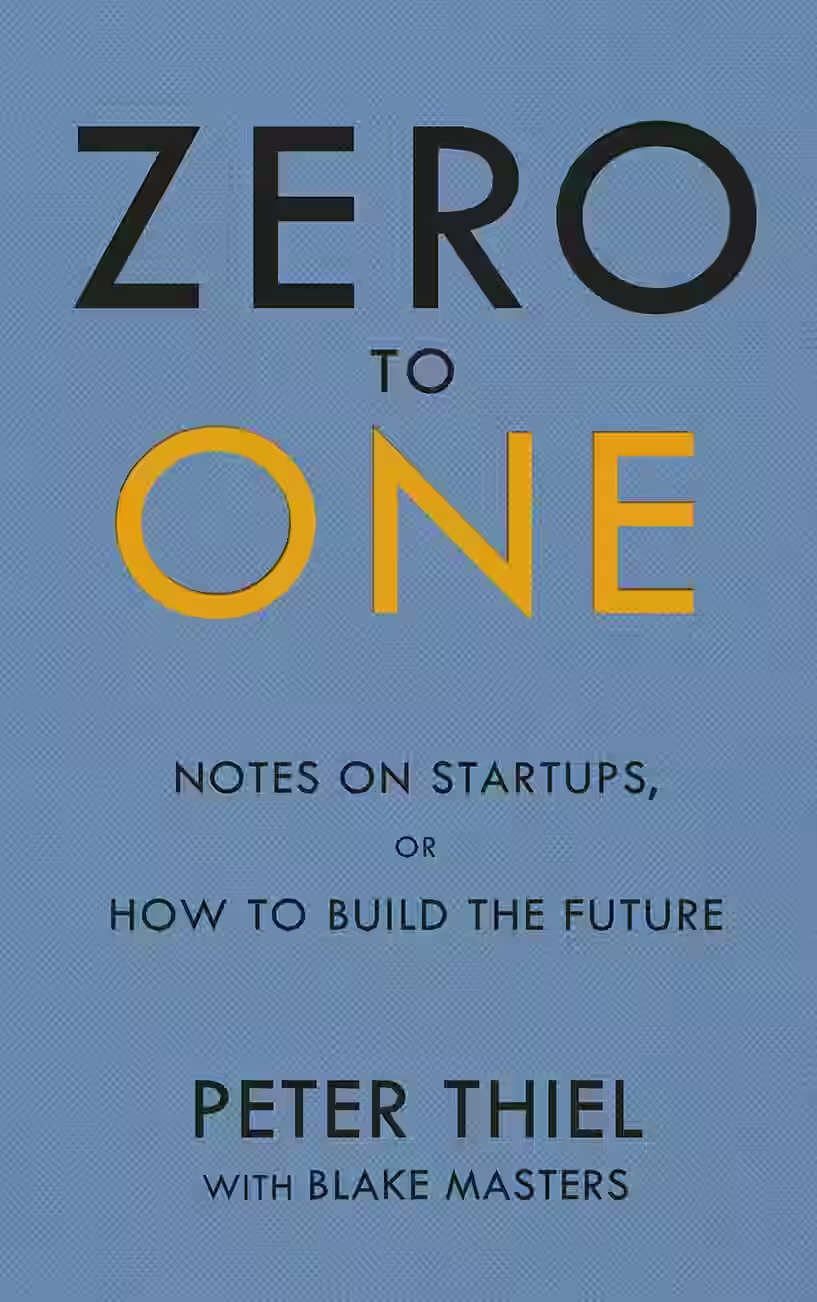
Zero to One
by Peter Thiel
In 'Zero to One,' Peter Thiel, co-founder of PayPal and Palantir, challenges conventional wisdom and offers valuable insights on building successful startups. Thiel emphasizes the importance of innovation and creating something unique (going from 'zero to one') rather than imitating existing models. He delves into the concept of monopoly power, highlighting how businesses can thrive by dominating a niche market. Thiel's entrepreneurial advice is both provocative and practical, encouraging aspiring entrepreneurs to envision the future and disrupt industries. This book is a thought-provoking read for anyone interested in entrepreneurship and innovation.
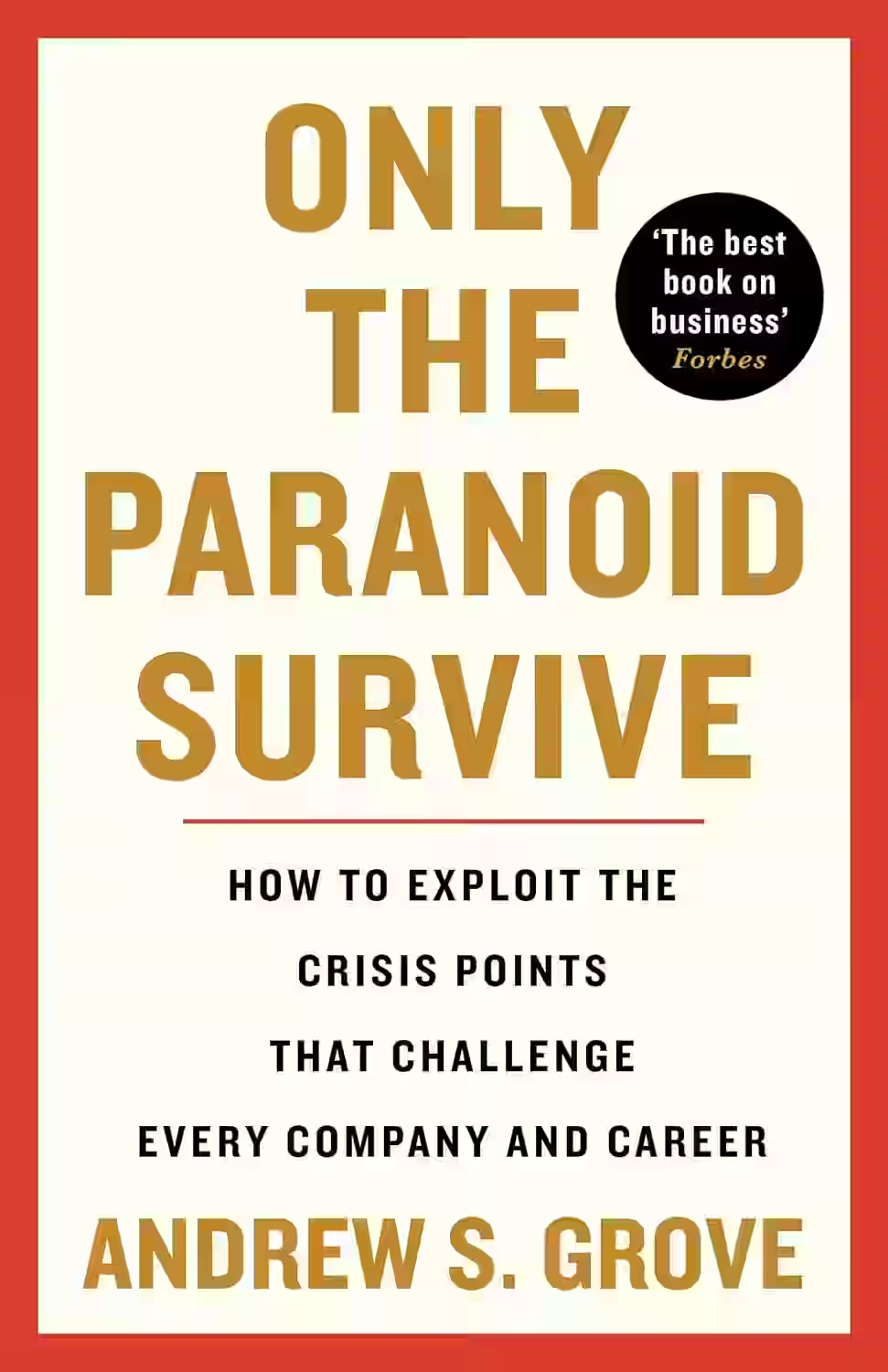
Only the Paranoid Survive
In this business classic, Intel co-founder Andy Grove shares insights into managing “strategic inflection points”—critical moments that can make or break a company. Drawing from his experience leading Intel through seismic shifts in the tech industry, Grove emphasizes the importance of adaptability, vigilance, and courage. His core idea: constant change demands a mindset of healthy paranoia. Companies and leaders must be ready to pivot when conditions shift. Part memoir, part management manual, the book offers practical strategies for staying competitive, fostering innovation, and leading through uncertainty. It remains a must-read for entrepreneurs, executives, and strategic thinkers.
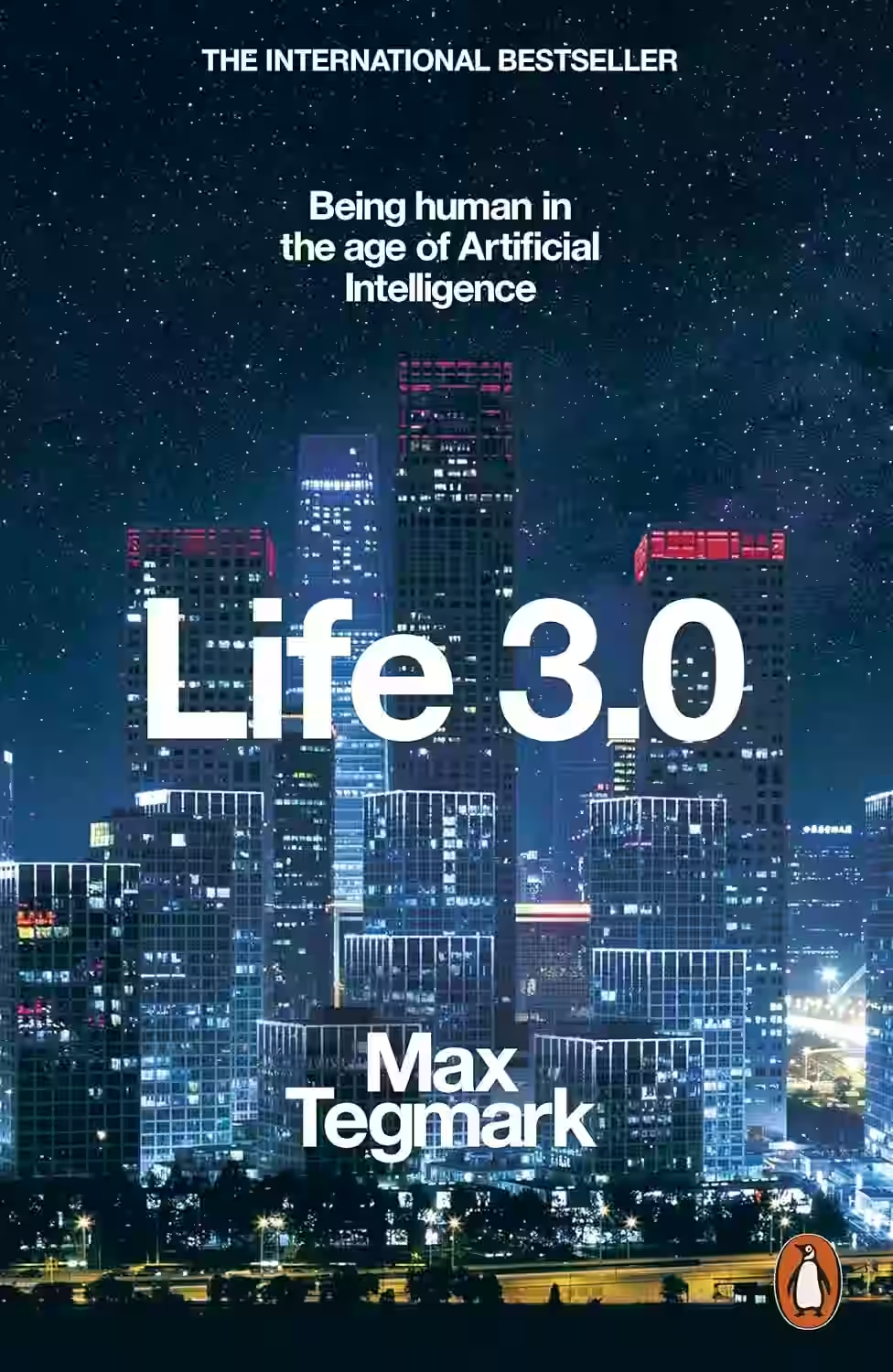
Life 3.0: Being Human in the Age of Artificial Intelligence
by Max Tegmark
In Max Tegmark's insightful book 'Life 3.0: Being Human in the Age of Artificial Intelligence', readers are taken on a fascinating journey exploring the implications of Artificial Intelligence on humanity's future. Tegmark delves into thought-provoking questions about consciousness, ethics, and the socio-economic impacts of AI. Through engaging prose and thorough research, he presents various scenarios of how AI may shape the world and challenges readers to contemplate what it means to be human in a technologically advancing society. 'Life 3.0' offers a balanced view of the promises and perils AI brings, making it a compelling read for anyone interested in the intersection of technology and humanity.
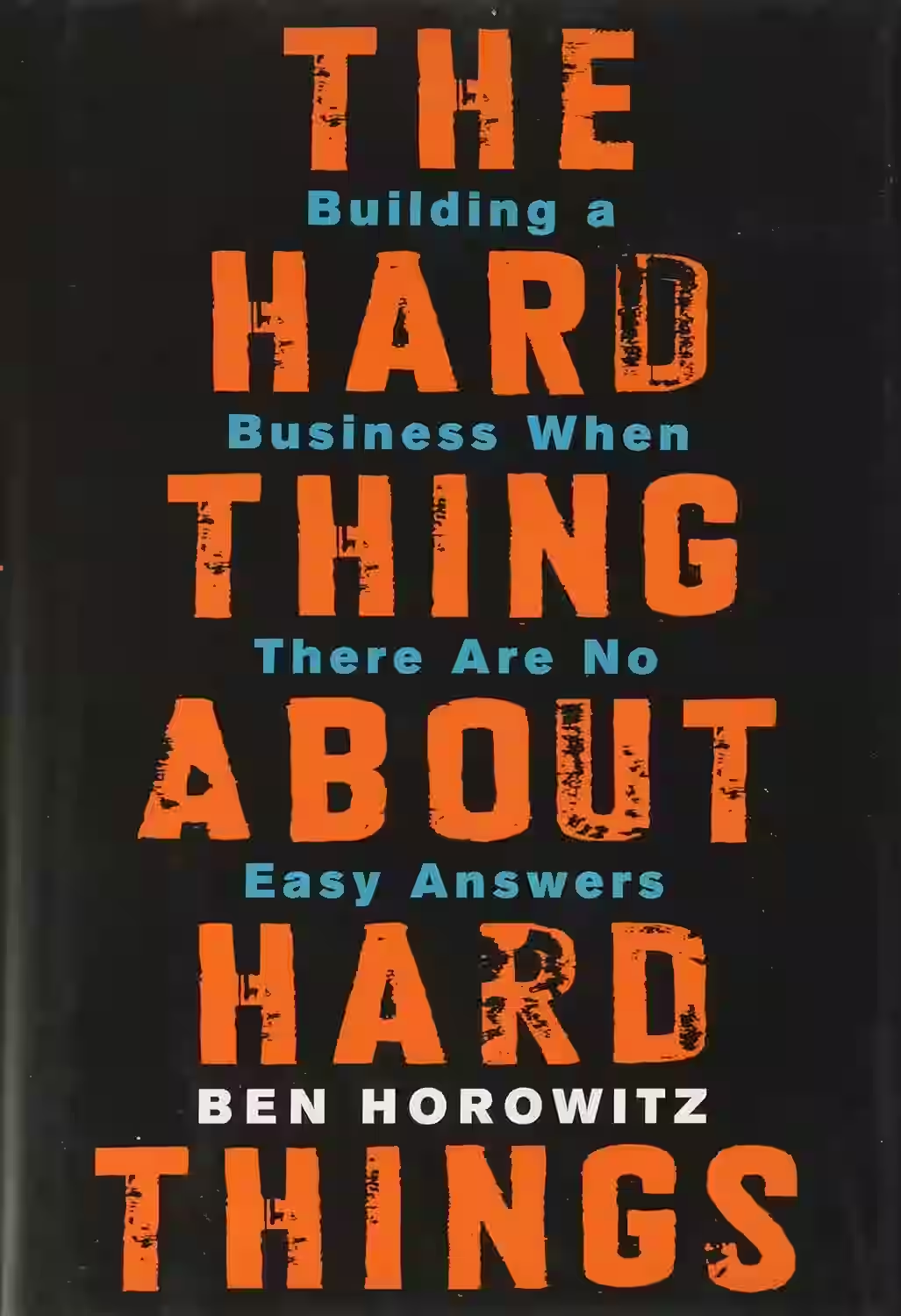
The Hard Thing About Hard Things
by Ben Horowitz
Ben Horowitz delivers a brutally honest, no-nonsense account of what it truly takes to build and run a startup. Drawing from his own experience as co-founder of Andreessen Horowitz and CEO of Opsware, Horowitz outlines the often-overlooked struggles: firing friends, managing morale, surviving downturns, and making impossible decisions. Rather than generic leadership tips, he offers hard-earned wisdom on navigating chaos and building a strong, resilient company. Larry Page praised the book for its candor and realism. It’s an essential read for entrepreneurs, CEOs, and managers who want insight into the harsh realities of leadership and long-term survival.